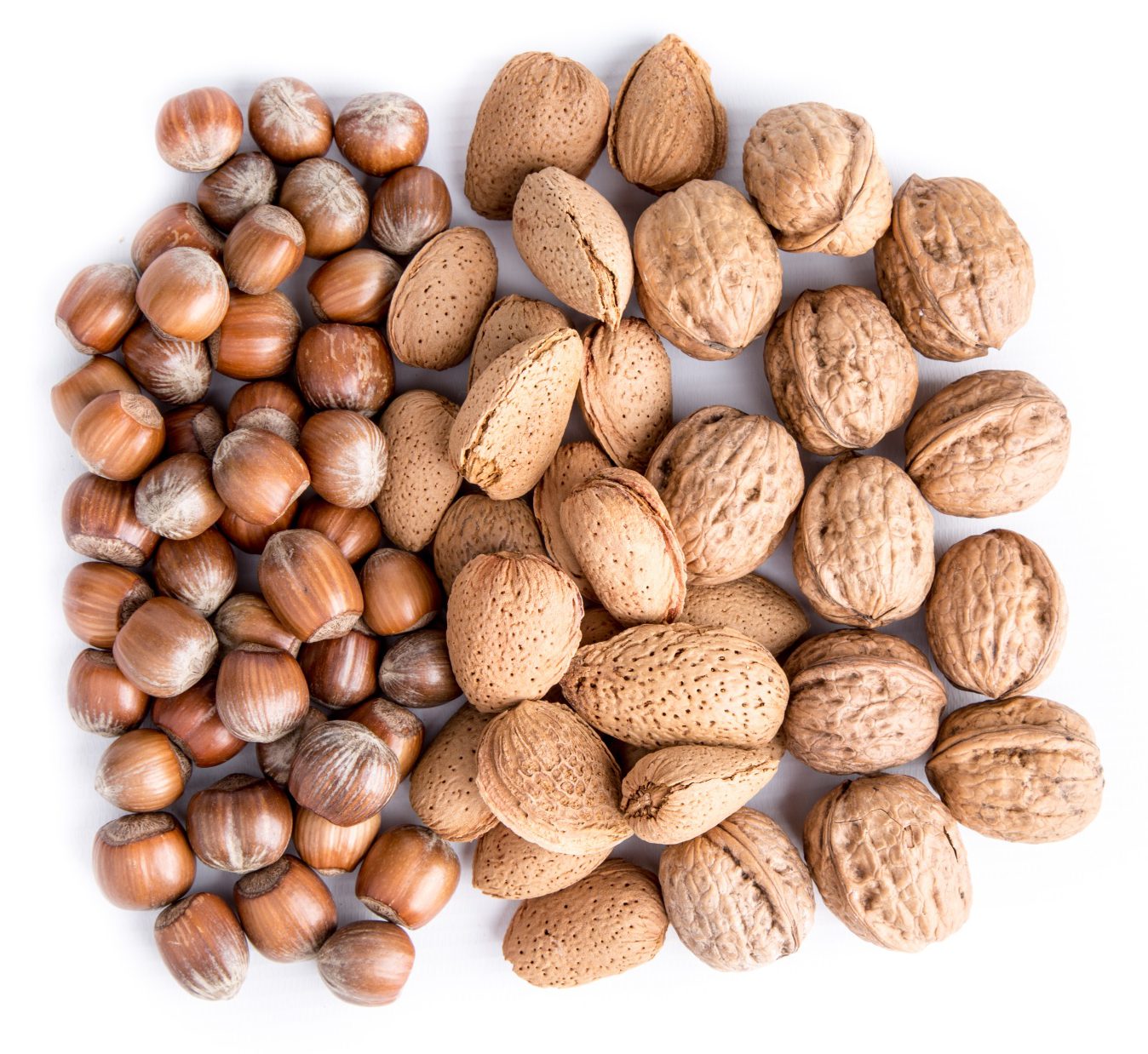
Best Anti-Inflammatory Foods
Lots of things cause inflammation in the body, injury, sickness, the foods you eat. Foods heavy in simple carbs and sugars cause an inflammatory response in the body. Inflammation is a natural response to injury and cholesterol can help with the repair and maintenance of cells. However, chronic inflammation results in excess LDL cholesterol being present, day in, day out. This increases the chances of it becoming oxidized and embedded in the wall of the arteries which can lead to blockages and eventually, heart attacks amongst other problems. It’s in our best interest to reduce inflammation in the body as much as possible by controlling what we eat. Let’s look a some anti-inflammatory foods. See how much in the list you consume.
Ginger This food herb/food has been consumed for centuries in various cultures all over the world. It has been used as a remedy for many ailments including arthritis, muscular aches, sore throats, indigestion, cramps, constipation, vomiting, hypertension and fever. Ginger has strong anti-oxidant properties and has not only been shown to reduce inflammation, and is also anti-turmorigenic [1]. In studies done on mice, consuming ginger extract was shown to not only reduce levels of LDL, but also reduce susceptibility to oxidation and aggregation [2]. You can blend or grate ginger in water, boil it and make ginger tea, or add it to other foods daily. There are no side effects to worry about. So keep this in mind during flu season and beyond.
indigestion, cramps, constipation, vomiting, hypertension and fever. Ginger has strong anti-oxidant properties and has not only been shown to reduce inflammation, and is also anti-turmorigenic [1]. In studies done on mice, consuming ginger extract was shown to not only reduce levels of LDL, but also reduce susceptibility to oxidation and aggregation [2]. You can blend or grate ginger in water, boil it and make ginger tea, or add it to other foods daily. There are no side effects to worry about. So keep this in mind during flu season and beyond.
Salmon/fish oil Dietary intervention of fatty fish, including salmon, pompano, and herring have been shown to reduce inflammation and the risk of cardiovascular disease. This is attributed to the presence of  long chained polunsaturated fatty acids (PUFA) [3]. Fish oil supplements can also give similar benefits if you don’t like eating fish or worried about mercury levels in fish [4]. So, if you want to combat rheumatoid arthritis and general inflammation in the body, you can supplement with cod liver oil. All of the anti-inflammatory benefits being attributed to the presence of long chain n–3 PUFAs [5, 6]. If you don’t like the taste of fish oil, you can always supplement with the capsules.
long chained polunsaturated fatty acids (PUFA) [3]. Fish oil supplements can also give similar benefits if you don’t like eating fish or worried about mercury levels in fish [4]. So, if you want to combat rheumatoid arthritis and general inflammation in the body, you can supplement with cod liver oil. All of the anti-inflammatory benefits being attributed to the presence of long chain n–3 PUFAs [5, 6]. If you don’t like the taste of fish oil, you can always supplement with the capsules.
Garlic Yes, it might stink, but it’s high in antioxidants and has so many benefits. Raw garlic, aged garlic and garlic extracts have powerful anti-inflammatory properties. 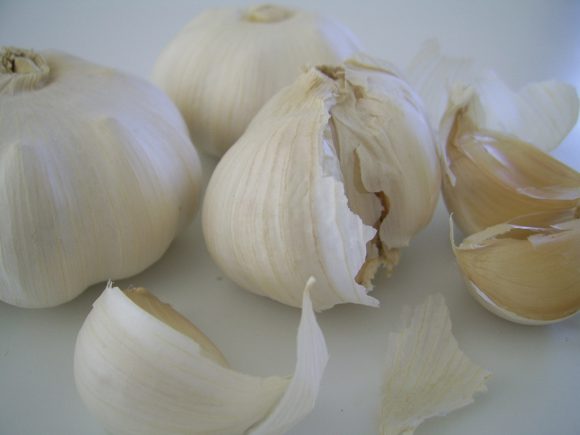 Countless studies have shown that garlic, like fish oil, can help with arthritis and other inflammation based ailments. Garlic also aids in lowering blood pressure and there are promising studies on it’s ability to combat Alzheimer’s [7, 8, 9, 10]. If you don’t want to eat it, then get garlic supplements. You should be able to find them at most health food stores and pharmacies.
Countless studies have shown that garlic, like fish oil, can help with arthritis and other inflammation based ailments. Garlic also aids in lowering blood pressure and there are promising studies on it’s ability to combat Alzheimer’s [7, 8, 9, 10]. If you don’t want to eat it, then get garlic supplements. You should be able to find them at most health food stores and pharmacies.
Blueberries This has to be one of my favorites on this list. It looks delicious and tastes the same. Saying I like blueberries, is an understatement. Blueberries are rich 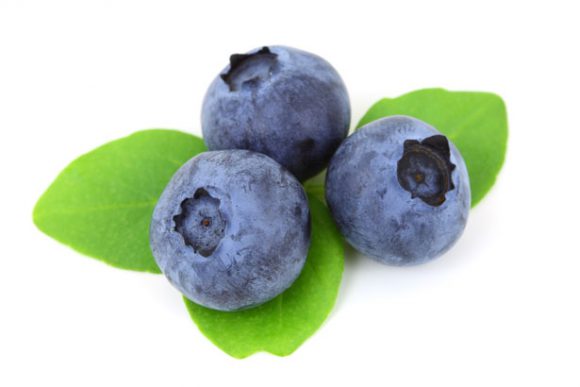 sources of flavonols, phenolic acids and anthocyanins which can decrease inflammation, the risk of cardiovascular and degenerative diseases [11, 12, 13, 14]. Research also suggests that the ellagic acid in blueberries protects the skin from ultraviolet damage and prevents collagen breakdown [15]. You can eat it raw, blend it with milk, water or whatever you want and make a delicious blueberry smoothie.
sources of flavonols, phenolic acids and anthocyanins which can decrease inflammation, the risk of cardiovascular and degenerative diseases [11, 12, 13, 14]. Research also suggests that the ellagic acid in blueberries protects the skin from ultraviolet damage and prevents collagen breakdown [15]. You can eat it raw, blend it with milk, water or whatever you want and make a delicious blueberry smoothie.
Turmeric Actually it’s the curcumin found in turmeric that provides all the benefits. This spice has been used for centuries for it’s anti-inflammatory properties and is a staple of Ayurvedic medicine. Studies 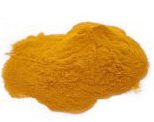 have shown the anti-inflammatory response in both animal and human research. Curcumin is able to interact with, and inhibit many molecules associated with inflammation. Studies conducted, were related to anti-inflammatory responses in cancer, arthritis, post surgery, gastrointestinal and ocular problems, amongst other things [15,16, 17]. Take it with black pepper. The piperine in black pepper helps to increase the bioavailability of nutrients in the body.
have shown the anti-inflammatory response in both animal and human research. Curcumin is able to interact with, and inhibit many molecules associated with inflammation. Studies conducted, were related to anti-inflammatory responses in cancer, arthritis, post surgery, gastrointestinal and ocular problems, amongst other things [15,16, 17]. Take it with black pepper. The piperine in black pepper helps to increase the bioavailability of nutrients in the body.
Nuts…and seeds Studies suggests that consumption of nuts and seeds have a inflammation lowering effect and reduces the risk of cardiovascular diseases. Almonds, peanuts, Brazil nuts, walnuts, to name a few are rich in unsaturated fats which contributes to the health benefits [18, 19]. They generally keep you full, due to the fat content and may actually help more with 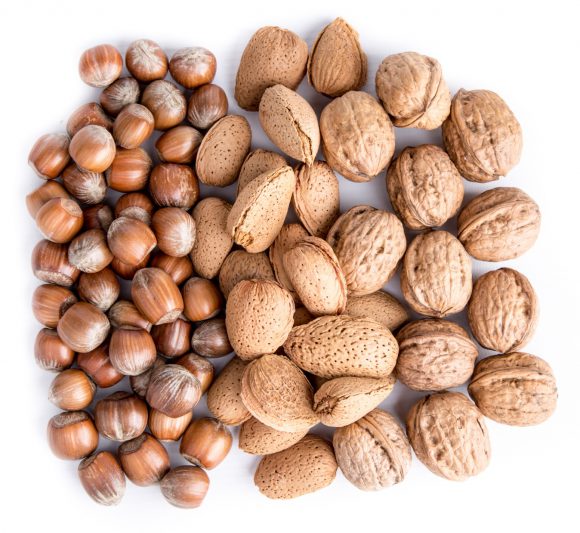 weight loss than weight gain.
weight loss than weight gain.
Summary These are a few of the foods you can include as a regular part of your diet, if you want to be heart healthy and reduce inflammation in the body. Now let’s be clear, inflammation is part of the body’s natural process for fighting of invaders, infection, repairing injuries and so on. However, chronic inflammation, when there is no threat, is a problem. It is the basis for many diseases and should be avoided at all costs. There are other foods that can go on this list, but I thought I’d just give you a few. At some point in the future I’ll update and add some more. Till then, eat your seeds, nuts, fish garlic, blueberries and be healthy.
